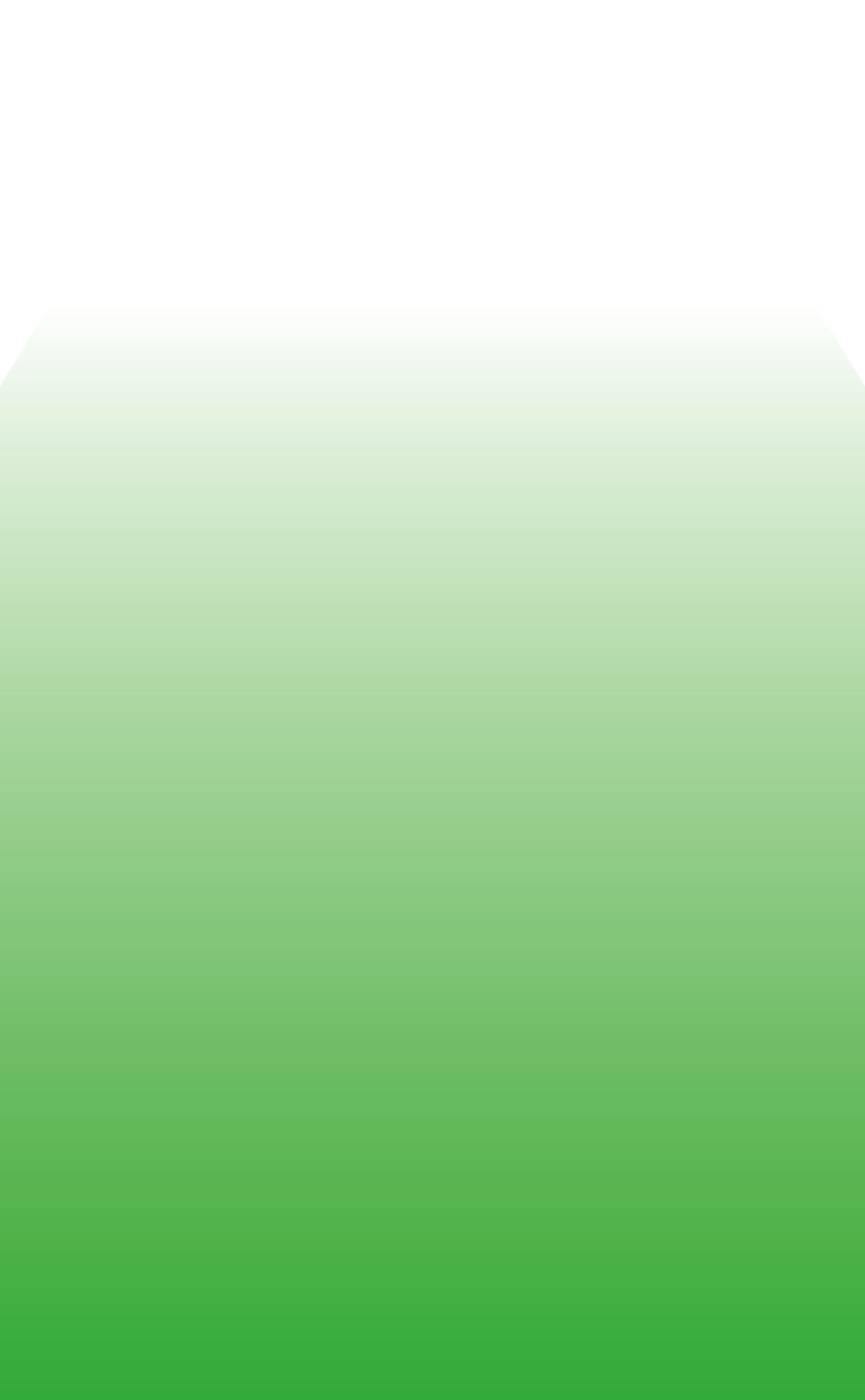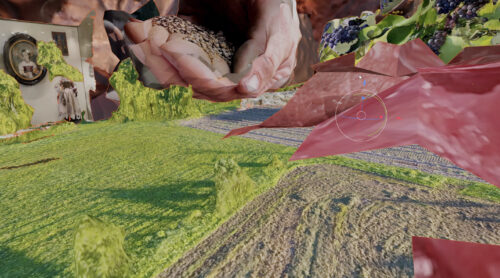READING RIVERS #3
27.10.2021
16:00 – 17:30 Uhr
Treffpunkt: an einem Fluss, online
Anmeldung: info@argekunst.it
Sprache: deu, engl
Reading Rivers Sessions 2021: 31.03.21; 30.09.21; 27.10.21; 01.12.21
Im Rahmen des öffentlichen Programmes Soil Times kuratiert von BAU.
Wir befinden uns in einem ehemaligen Sumpfgebiet. Nach der Trockenlegung, wurde aufgrund der idealen Lage und der Nähe zum strömenden Fluss eine Fabrik errichtet. Düngemittel war es, das durch die stählernen Rohre floss. Bis in die 40er Jahre produzierte die Montecatini in Sinich bei Meran, tonnenweise Kunstdünger. Aus dem Sumpfgebiet wurde Industriezone und wuchs ein Dorf.
Was wenn wir diese Landschaft als Körper begreifen und unseren menschlichen Körper als flüssigen Organismus darin wahrnehmen? Diese Beziehung zwischen den Körpern, dem Menschlichen und dem Irdischen, verhandelt die Künstlerin Katrin Hornek in ihrer Einzelausstellung, die am 26.11.2021 in der ar/ge kunst eröffnet, ausgehend von der lokalen Geschichte und der damit verwobenen Ammoniakproduktion.
Reading Rivers #3 und #4 laden die Teilnehmer*innen ein, die Ausstellung und die künstlerische Praxis von Katrin Hornek durch das Lesen, Erforschen, Diskutieren von Texten verschiedener Autorinnen wie unter anderem María Puig de la Bellacasa, Sabina Holzer, Sarah Demeuse, Myra J. Hird, Kathryn Yusoff, Marisol de la Cadena, die den Menschen in Beziehung und als Teil der Umwelt sehen, zu vertiefen.
Die Lesegruppe findet auf Anmeldung statt und die Teilnehmer*innen sind ersucht die Texte vorab zu lesen. Während der Veranstaltung werden die Texte über ein Podcast angehört und anschließend in einer gemeinsamen Diskussion in englischer Sprache besprochen.
Ein Booklet mit den Textauszügen und weitere logistische Details werden bei der Anmeldung zugesandt.
Anders als bei einer gewöhnlichen Lesegruppe, bei der sich die Teilnehmer*innen im Sitzen zu Texten austauschen, lädt Reading Rivers ein, sich an einen Fluss zu begeben. Texte haben wie das Wasser eines Flusses einen klaren Ursprung, vereinen sich durch die kollektive Lektüre immer wieder mit Neuem, um in etwas Größeres zu fließen. Sie durchqueren verschiedene Landschaften, Zeiten, Charaktere. Stoßen auf Hindernisse und fließen dort vorbei, wo es weniger Widerstand gibt. Das fließende Wasser des Flusses wird dem Wissen gleichgestellt, das zwar mit Fixpunkten verbunden ist, aber auch in ständiger Bewegung bleibt, um so komplexe Fragen der Gegenwart neu zu lesen.
Bibliography Reading Rivers #3
Sabina Holzer, Stones Like Us. Steine wie wir, Booklet for the project „Stones Like Us“ by Katrin Hornek in collaboration with Sabina Holzer, Kufstein, Tischofer cave in the Kaisergebirge, 2018.
Sarah Demeuse, Entry II: Porosity, for 11th Liverpool Biennial, 2021, https://biennial.com/porosity.
Anna Lowenhaupt Tsing, The Mushroom at the End of the World. On the possibility of Life in Capitalist Ruins, (Princeton University Press, 2015), p 19, pp 21-24.
Podcast Soil Times Credits
Stimmen: Simone Mair, Sabina Holzer, Amy Franceschini, Rosalyn D’Mello
Editing: Daniel Mazza
READING RIVERS #3
27.10.2021
4pm – 5.30 pm CET
Meeting Point: at a river, online
Registration: info@argekunst.it
Language: German, English
Reading Rivers Sessions 2021: 31.03.21; 30.09.21; 27.10.21; 01.12.21
Part of the public programme, Soil Times, curated by BAU.
We are located in a drained swamp, upon which a factory was built, due to its proximity to the flowing river. It was fertiliser that flowed through the steel pipes. Until the 1940s, the Montecatini in Sinigo, a suburb of Merano, produced tons of artificial fertiliser. The marshland became an industrial zone and a village grew.
What if we were to understand this landscape as a body and perceive our human body as a fluid organism within it? This relationship between the bodies, the human and the earthly, is investigated by artist Katrin Hornek in her solo exhibition, which opens at ar/ge kunst on 26.11.2021, starting from the local history and the interwoven ammonia production.
Reading Rivers #3 and #4 invite participants to deepen their encounter with both the ongoing exhibition and Katrin Hornek’s artistic practice by reading, exploring, and discussing relevant texts by authors such as María Puig de la Bellacasa, Sabina Holzer, Sarah Demeuse, Myra J. Hird, Kathryn Yusoff, Marisol de la Cadena among others that consider humans in relation to and as part of the environment.
The reading group is formed by prior registration and participants are requested to read the texts in advance. During the event, the texts will be listened to via a podcast and then discussed together. A booklet with the text excerpts and further logistical information will be sent out on registration.
Unlike an ordinary reading group, where participants sit down to discuss a text together, Reading Rivers invites participants to find a spot by a river. Like water in a river, texts have a clear source. Through acts of collective reading they come into contact and combine with new things before flowing together into a greater whole. They cross different landscapes, periods, characters. They come up against obstacles and find paths of least resistance to get around them. The flowing water of a river is comparable to knowledge; it is bound up with solid ground but it remains in a permanent state of flux, allowing new readings of complex contemporary questions.
Bibliography Reading Rivers #3
Sabina Holzer, Stones Like Us. Steine wie wir, Booklet for the project „Stones Like Us“ by Katrin Hornek in collaboration with Sabina Holzer, Kufstein, Tischofer cave in the Kaisergebirge, 2018.
Sarah Demeuse, Entry II: Porosity, for 11th Liverpool Biennial, 2021, https://biennial.com/porosity.
Anna Lowenhaupt Tsing, The Mushroom at the End of the World. On the possibility of Life in Capitalist Ruins, (Princeton University Press, 2015), p 19, pp 21-24.
Podcast Soil Times Credits
Voices: Simone Mair, Sabina Holzer, Amy Franceschini, Rosalyn D’Mello
Editing: Daniel Mazza
READING RIVERS #3
27.10.2021
ore 16:00 – 17:30
Punto d‘incontro: vicino a un fiume, online
Registrazione: info@argekunst.it
lingua: tedesco, inglese
Reading Rivers Sessions 2021: 31.03.21; 30.09.21; 27.10.21; 01.12.21
Nell’ ambito del programma pubblico Soil Times a cura di BAU.
Siamo in un’ex palude. Qui, dopo la bonifica, si costruì una fabbrica poiché quest’area era in una posizione ideale e nei pressi di un corso d’acqua. Fino agli anni ’40, la Montecatini di Sinigo, una frazione di Merano, ha prodotto tonnellate di fertilizzante artificiale che scorreva in tubi d’acciaio. La palude è diventata una zona industriale e si è sviluppata in un villaggio.
E se comprendessimo questo paesaggio come un corpo e percepissimo il nostro corpo umano come un organismo fluido in esso? Questa relazione tra i corpi, tra l’umano e il terreno, é indagata dall’artista Katrin Hornek nella sua mostra personale, che apre presso ar/ge kunst il 26.11.2021, e parte dalla storia locale e la produzione di ammoniaca ad essa intrecciata.
Reading Rivers #3 e #4 invita lə partecipantə ad approfondire la mostra e la pratica artistica di Katrin Hornek leggendo, esplorando e discutendo testi rilevanti che vedono l’uomo in relazione e come parte dell’ambiente. Tra gli autori si trovano María Puig de la Bellacasa, Sabina Holzer, Sarah Demeuse, Myra J. Hird, Kathryn Yusoff, Marisol de la Cadena.
Il gruppo di lettura è su appuntamento e lə partecipantə sono pregatə di leggere i testi in anticipo. Durante l’evento, i testi saranno ascoltati via podcast e discussi in inglese in una conversazione comune. Un booklet con gli estratti dei testi e informazioni logistiche saranno fornite al momento della registrazione.
A differenza di un ordinario gruppo di lettura, dove lə partecipantə siedono insieme per discutere i testi, Reading Rivers vi invita ad avvicinarvi ad un corso d’acqua. Come l’acqua di un fiume, i testi hanno un’origine chiara; attraverso la lettura collettiva entrano in contatto e si uniscono a elementi nuovi prima di continuare a fluire in qualcosa di più grande. Attraversano diversi paesaggi, tempi, personaggi. Incontrano ostacoli e li aggirano trovando percorsi dove c’è meno resistenza. Lo scorrere delle acque del fiume è come la conoscenza: ancorata a punti stabili, rimane comunque in costante movimento, permettendo nuove letture delle complesse questioni del presente.
Bibliography Reading Rivers #3
Sabina Holzer, Stones Like Us. Steine wie wir, Booklet for the project „Stones Like Us“ by Katrin Hornek in collaboration with Sabina Holzer, Kufstein, Tischofer cave in the Kaisergebirge, 2018.
Sarah Demeuse, Entry II: Porosity, for 11th Liverpool Biennial, 2021, https://biennial.com/porosity.
Anna Lowenhaupt Tsing, The Mushroom at the End of the World. On the possibility of Life in Capitalist Ruins, (Princeton University Press, 2015), p 19, pp 21-24.
Podcast Soil Times Credits
Voci: Simone Mair, Sabina Holzer, Amy Franceschini, Rosalyn D’Mello
Editing: Daniel Mazza



